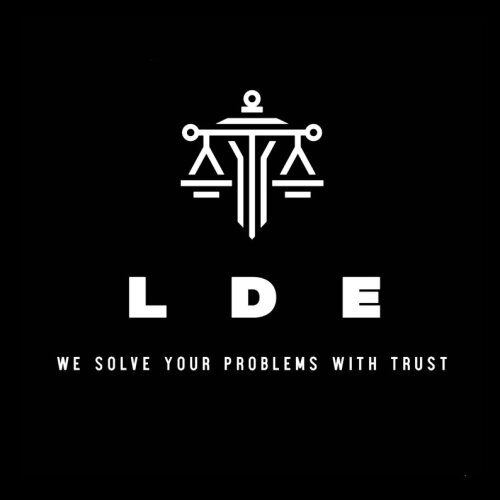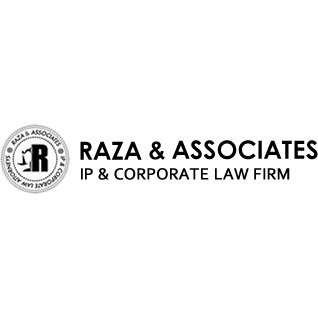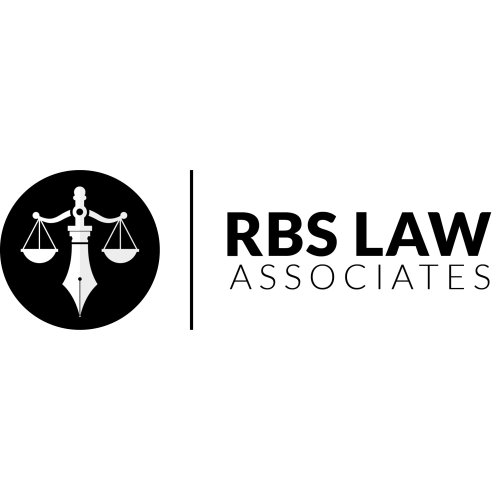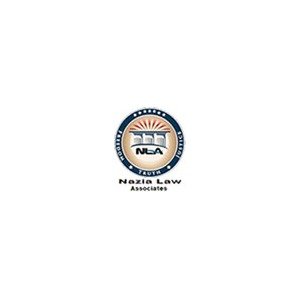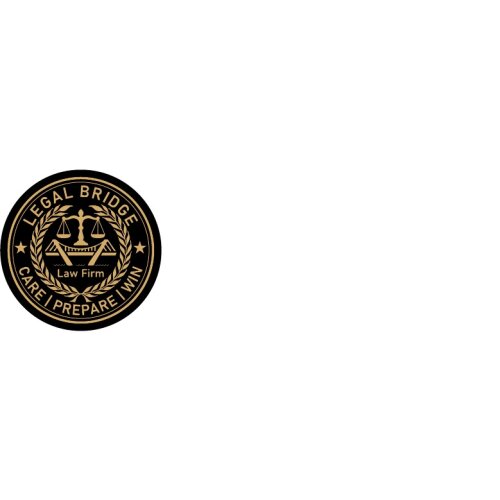Best Employer Lawyers in Lahore
Share your needs with us, get contacted by law firms.
Free. Takes 2 min.
List of the best lawyers in Lahore, Pakistan
About Employer Law in Lahore, Pakistan
Employer law in Lahore, Pakistan refers to the legal regulations and rights governing the relationship between employers and employees. It encompasses various aspects such as hiring practices, working conditions, wages, benefits, termination, and more. Understanding employer law is crucial for both employers and employees to ensure their rights are protected and they comply with the law.
Why You May Need a Lawyer
There are several situations where seeking legal advice from a lawyer specializing in employer law in Lahore, Pakistan is recommended:
- Unfair treatment or discrimination at the workplace
- Wrongful termination or dismissal
- Violation of employment contracts or agreements
- Issues related to wages, overtime, or benefits
- Harassment or hostile work environment
- Negotiating employment contracts or severance agreements
Local Laws Overview
In Lahore, Pakistan, employer law is primarily governed by:
- The Constitution of Pakistan
- The Employment Act 2001
- The Industrial and Commercial Employment (Standing Orders) Ordinance 1968
- The Punjab Shops and Establishments Ordinance 1969
- The Industrial Relations Act 2012
- The Payment of Wages Act 1936
These laws outline the rights and obligations of both employers and employees, covering various areas including contract terms, working hours, minimum wage, leave entitlements, occupational health and safety, social security, and dispute resolution mechanisms.
Frequently Asked Questions
1. Are employers required to provide paid leave in Lahore?
Yes, employers are required to provide paid leave to their employees in accordance with the law. The specific entitlements depend on factors such as the length of employment and the type of leave (e.g., annual leave, sick leave, maternity leave).
2. Can an employer terminate an employee without any notice?
No, an employer generally cannot terminate an employee without providing notice or payment in lieu of notice. The notice period may vary depending on the length of employment and other factors outlined in the employment contract or applicable laws.
3. What can I do if I am facing workplace harassment?
If you are facing workplace harassment, it is important to document the incidents and inform your employer or designated authority within your organization. If the issue persists or your concerns are not addressed, you may consider seeking legal advice to explore further actions, such as filing a complaint with the relevant labor authority or taking legal action.
4. Can an employer withhold wages or delay salary payments?
No, employers are generally prohibited from withholding wages or delaying salary payments beyond the legally prescribed time frame. If you are facing such issues, you should consult a lawyer who can guide you on the necessary steps to recover your unpaid wages.
5. What rights do employees have regarding health and safety at the workplace?
Employees have the right to a safe and healthy work environment. Employers are responsible for providing appropriate safety measures, training, and necessary protective equipment. If you believe your employer is not fulfilling their obligations, you should consult a lawyer and/or report the issue to the relevant labor authority.
Additional Resources
If you need legal advice or further information on employer law in Lahore, Pakistan, consider reaching out to the following resources:
- The Lahore District Bar Association
- The Lahore High Court
- The Ministry of Human Rights, Pakistan
- The Punjab Employees Social Security Institution
- The Punjab Labour Court, Lahore
Next Steps
If you require legal assistance in the field of employer law in Lahore, Pakistan, consider following these steps:
- Gather all relevant documents and evidence related to your case
- Research and identify reputable lawyers or law firms specializing in employer law
- Schedule consultations with potential lawyers to discuss your case
- Choose a lawyer who understands your needs and has experience in employer law
- Work closely with your chosen lawyer to navigate your legal situation effectively
Lawzana helps you find the best lawyers and law firms in Lahore through a curated and pre-screened list of qualified legal professionals. Our platform offers rankings and detailed profiles of attorneys and law firms, allowing you to compare based on practice areas, including Employer, experience, and client feedback.
Each profile includes a description of the firm's areas of practice, client reviews, team members and partners, year of establishment, spoken languages, office locations, contact information, social media presence, and any published articles or resources. Most firms on our platform speak English and are experienced in both local and international legal matters.
Get a quote from top-rated law firms in Lahore, Pakistan — quickly, securely, and without unnecessary hassle.
Disclaimer:
The information provided on this page is for general informational purposes only and does not constitute legal advice. While we strive to ensure the accuracy and relevance of the content, legal information may change over time, and interpretations of the law can vary. You should always consult with a qualified legal professional for advice specific to your situation.
We disclaim all liability for actions taken or not taken based on the content of this page. If you believe any information is incorrect or outdated, please contact us, and we will review and update it where appropriate.






